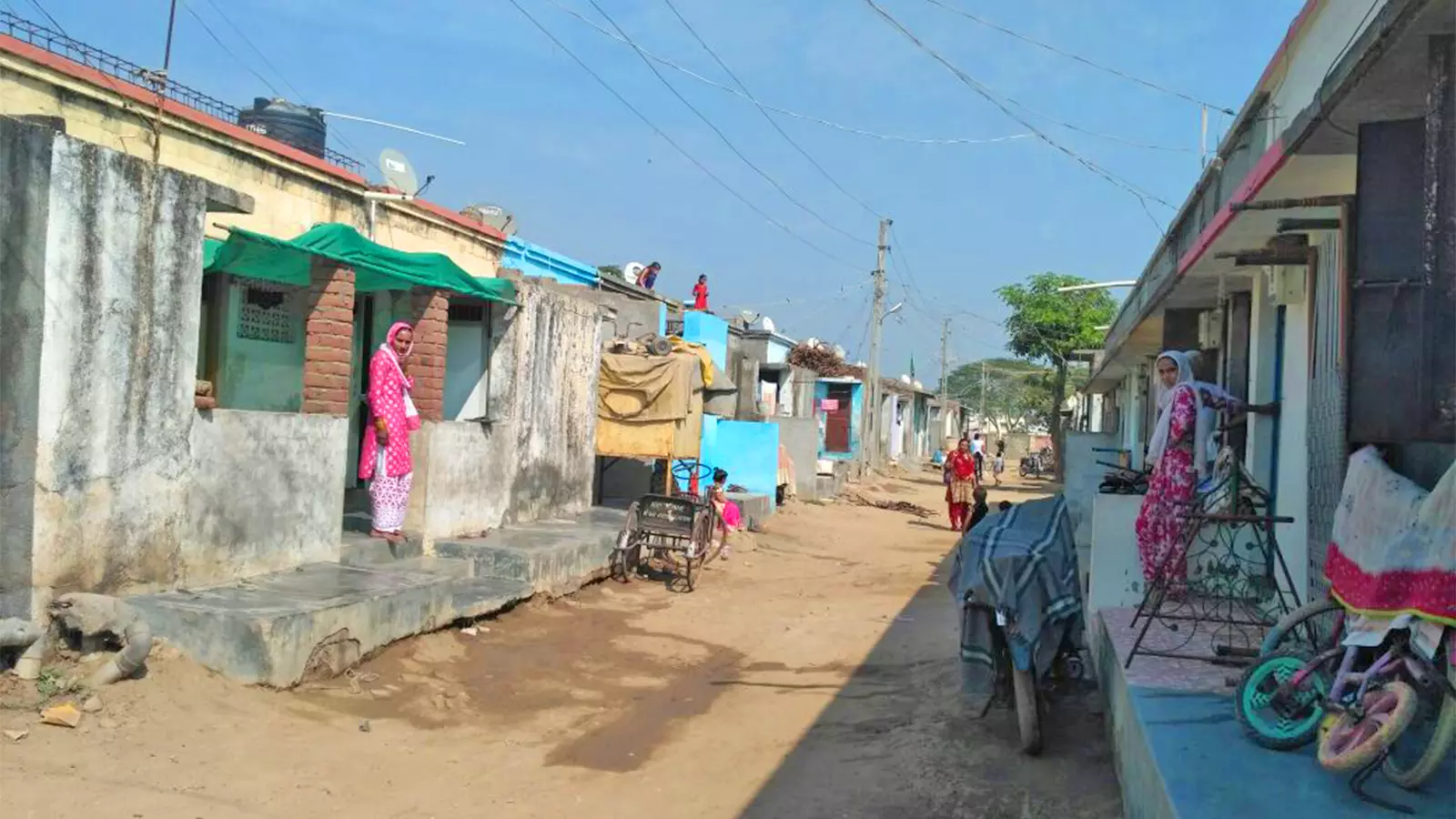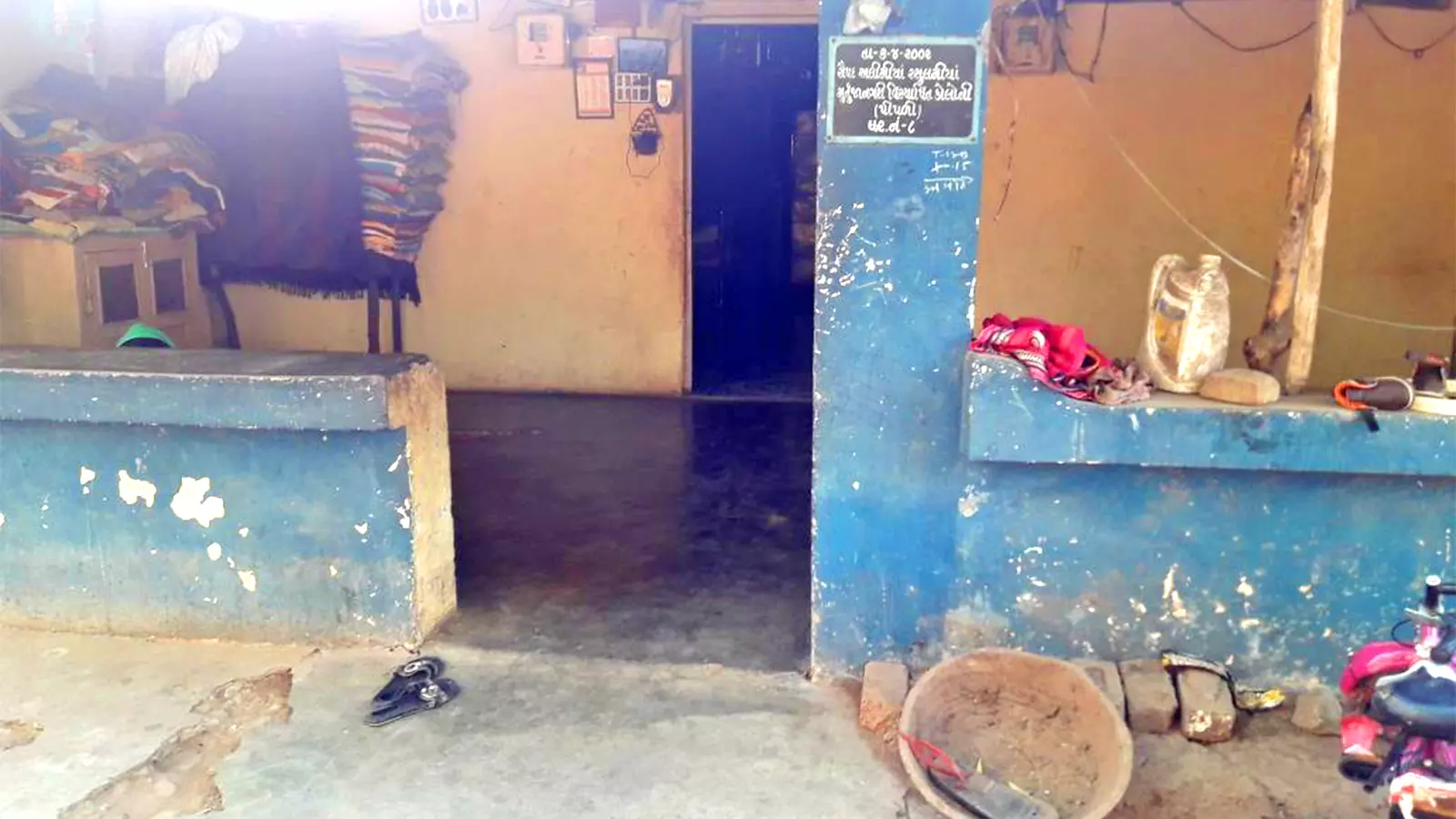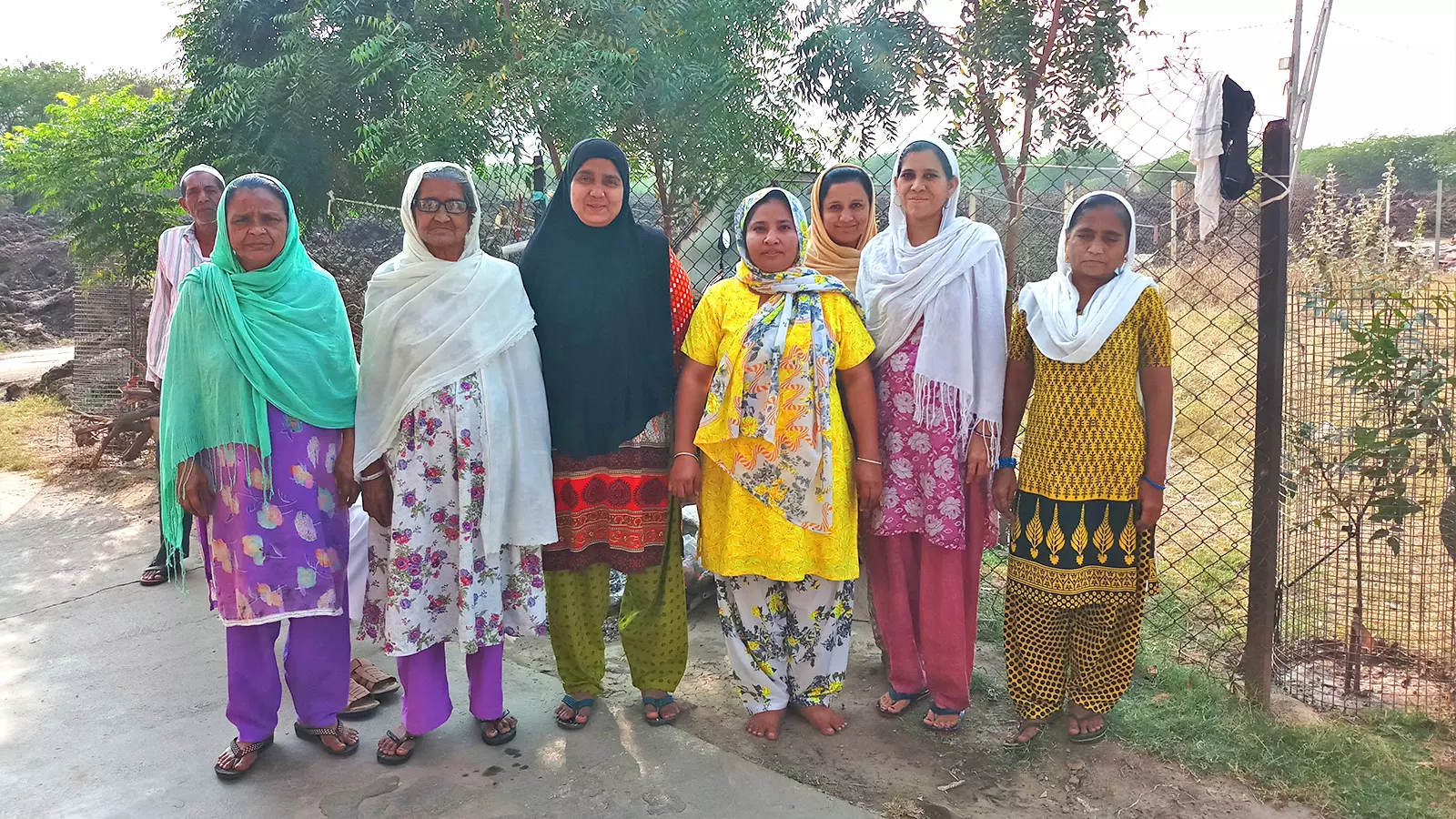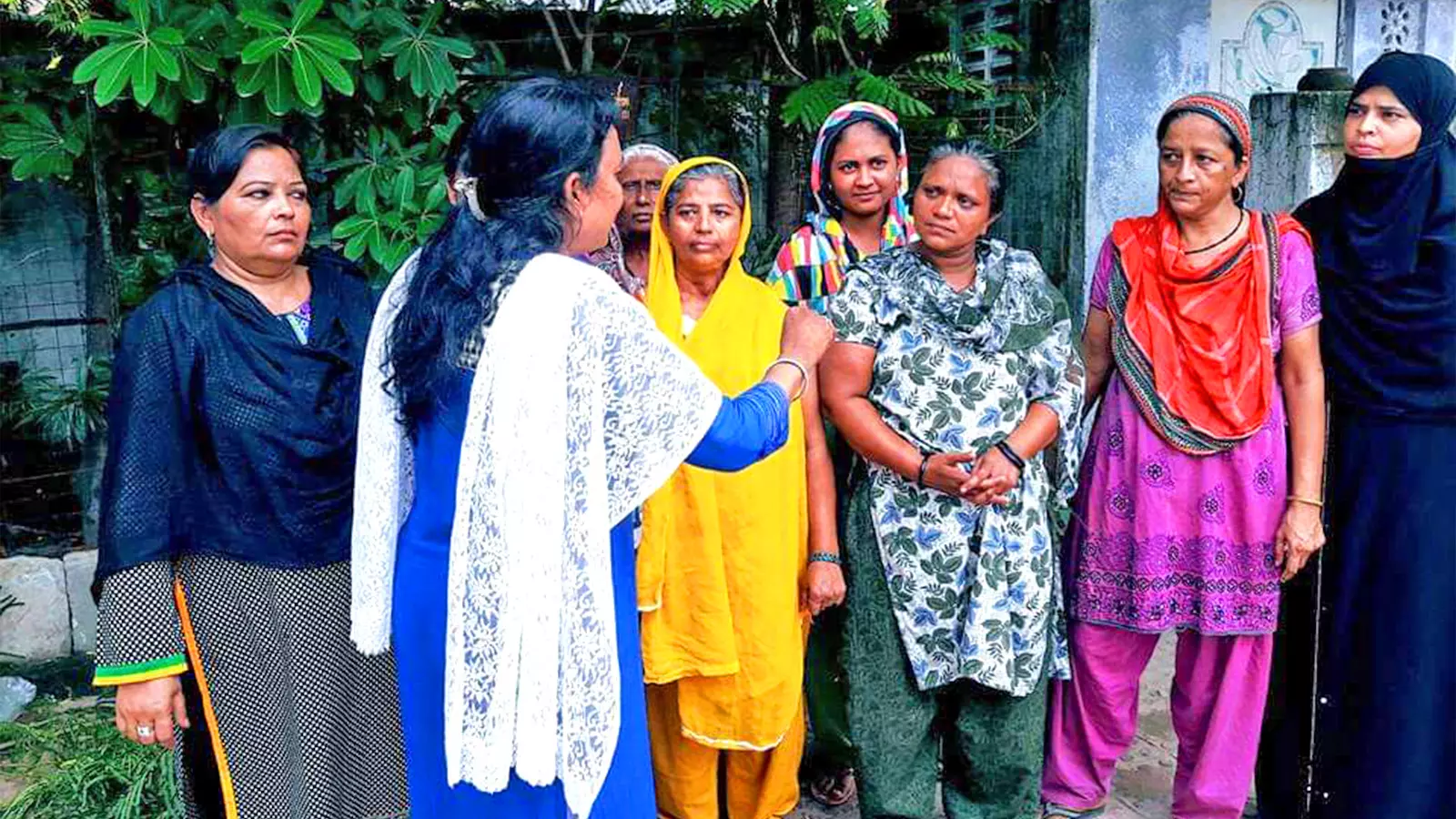
- Home
- India
- World
- Premium
- THE FEDERAL SPECIAL
- Analysis
- States
- Perspective
- Videos
- Sports
- Education
- Entertainment
- Elections
- Features
- Health
- Business
- Series
- In memoriam: Sheikh Mujibur Rahman
- Bishnoi's Men
- NEET TANGLE
- Economy Series
- Earth Day
- Kashmir’s Frozen Turbulence
- India@75
- The legend of Ramjanmabhoomi
- Liberalisation@30
- How to tame a dragon
- Celebrating biodiversity
- Farm Matters
- 50 days of solitude
- Bringing Migrants Home
- Budget 2020
- Jharkhand Votes
- The Federal Investigates
- The Federal Impact
- Vanishing Sand
- Gandhi @ 150
- Andhra Today
- Field report
- Operation Gulmarg
- Pandemic @1 Mn in India
- The Federal Year-End
- The Zero Year
- Science
- Brand studio
- Newsletter
- Elections 2024
- Events
- Home
- IndiaIndia
- World
- Analysis
- StatesStates
- PerspectivePerspective
- VideosVideos
- Sports
- Education
- Entertainment
- ElectionsElections
- Features
- Health
- BusinessBusiness
- Premium
- Loading...
Premium - Events

Yasmin Sheikh, now a 33-old married woman with two children, was 13 when she last spoke. Before she lost her voice, Yasmin had in fact screamed out the names of her father, mother and uncles as a blood-thirsty mob cornered them, and then killed them all.Yasmin herself was brutally raped and left for dead outside the village during the riots that broke out on February 28, in 2002, a day after...
Yasmin Sheikh, now a 33-old married woman with two children, was 13 when she last spoke. Before she lost her voice, Yasmin had in fact screamed out the names of her father, mother and uncles as a blood-thirsty mob cornered them, and then killed them all.
Yasmin herself was brutally raped and left for dead outside the village during the riots that broke out on February 28, in 2002, a day after the Godhra train carnage left 59 people dead.
The girl used to live in Delol, a village in Panchmahal district, where over 40 men women and children were burnt alive and all houses were destroyed in a spurt of hate which didn’t even leave the lone mosque. Later, she was brought to the Godhra camp where she still lives.
“Yasmin screamed calling out her father, uncles and mother when she was separated from her family who were trying to flee a mob. She was stripped naked and made to stand and watch while one by one her family members were first cut into pieces and then burnt. The mob then took turns to rape her,” Rahimabi, an eyewitness and survivor who used to be Yasmin’s neighbour in village and had fled together that ill-fated day, told The Federal.
“Yasmin never spoke again. She understands and communicates by nodding and sometimes by hand gestures,” adds Rahimabi as she reminisces about Yasmin's family.
Rahimabi also met a similar fate that day. Her whole family was chased out from their home and killed.
“My sisters and I fell prey to sexual predators, while men were burnt alive. My sisters were killed after being raped but I survived as someone’s body fell me on incidentally as I lay motionless and semiconscious under it. They must have taken me for dead,” tells Rahimabi, who has attempted to file an FIR many a times but in vain.
“I went to the police station to tell them that I know the perpetrators but no one ever took me seriously,” Rahimabi says with tears rolling down her cheeks.

Sultani's house in the relief camp.
When Rahimabi was brought to the RakhiNuyal camp, nobody thought she would survive. It took a year for her injuries to heal. However, she never got any help to deal with her mental trauma. One of the many Islamic NGOs had held a mass marriage in 2009. Rahimabi was then married to Sheikh Ansari. The couple has four children.
The riots that lasted three days from February 27 to March 1, 2002 were sparked off in the aftermath of the burning of bogies of Sabarmati Express that killed 59 karsevaks who were returning from Ayodhya. As per government figures, 1,600 Muslims were killed while at least 250 women were subjected to sexual violence across the state over the next three days.
“Sexual violence has inflicted deep psychological wounds on the minds of the whole Muslim community but women and children are the worst victims,” Reenu Khanna, a social activist based in Vadodara whose organisation has been involved in counselling the rape survivors, says.
“Besides, the rape cases have gone almost unreported and there are very few cases where FIRs have been filed. The police rarely filed any FIRs over the years and even if they did it was against a nameless mob. This has also had an impact on the minds of these women who not only have to live with the trauma but also with the knowledge that the accused roam scot free living a normal life,” adds Khanna.
Medina, a 50-year-old Muslim woman and survivor of 2002 riots says she can still vividly hear her daughter’s scream that keeps her sleepless through the nights. Some nights are better when she can sleep with help of medication but on most nights, she still wakes up drenched in sweat. Her mental condition has impacted her physical health too.
“Due to lack of sleep, Medina has developed an array of physical ailments. She is under treatment for diabetes, migraine and high blood pressure. She is too weak and gets sick easily. Recently she came out of a bout of tuberculosis,” says Miraj, Medina’s 22-year-old son who was only two years old when the mob attacked his family of 11 in Eral village in Panchmahal district in central Gujarat.
Eral was one of the worst affected during the riots of 2002 with 35 Muslims killed including men, women and children. Many women were raped too. One of them was Medina’s 10-year-old daughter.
“When the mob attacked our village, men let the women out first and we ran for our life and safety. My daughter was holding my hand as we were running away from the village not knowing where to take refuge when two villagers pulled away my daughter. Some of the men from the mob tore away my clothes and raped me. But from my eyes were on my daughter whose clothes were being cut open with swords. She screamed in fear and cried out calling me for help. They raped her one by one. After a while, the mob was saying cut them to pieces, leave no evidence. I saw fires being lit. After some time, the mob started leaving. And it became quiet,” recalls Medina as she sobs inconsolably.

Women survivors of sexual violence who now live in Rakhiyal camp.
“My mind was seething with fear and fury. I could do nothing to help my daughter from being assaulted sexually and tortured to death. They tore my beloved daughter to pieces,” she shares the tales of the horror that still keeps her awake at nights.
Medina has been living in the Shah-e-Alam relief camp in Ahmedabad for the last 19 years. Apart from her, only two members – her two-year-old son and husband survived the carnage and were united with her in the camp.
“For months, I did not know if anyone else had survived from my family. I had no news about my husband or my son. I arrived in the camp in an acutely injured state. After a couple of months, when the NGOs had set up a few camps and managed to make a list of names of survivors in each camp, we would search for familiar names in the lists. One day, I found my husband’s name in a list from a camp in Bharuch. We found our son a month later in another camp in Ahmedabad. We chose to live in Shah-e-Alam camp since it was the biggest,” she adds.
Medina managed to file a case in a local court of Panchamahal with the help of some NGO. Her case still languishes in court as they don’t have the money to afford a regular lawyer.
Mumtazben, another survivor, is an eyewitness to the horror of Naroda Patiya, in Ahmedabad.
She recalls that the madness of rape, looting and arson continued from the morning of February 28, 2002, till late night, “Humari nazron ke samne maar diya, humari nazro ke samane balatkar huwe. Wo log daur-daur ke aa rahe the… yahan mat jao, us gali me balatkar ho rahi hain, us gali me lashain padi hui hain… aise chalta raha subah se raat tak (People were murdered and raped in front of my eyes. Mobs were running around.. don’t go to that street, women are being raped there, bodies are lying there... it went from the day till night),” said Mumtaz staring blankly. She hasn’t talked much since 2002. At times though she repeats the sentences in a haze as if things were still happening in front of her.
Mumtaz also lives in the Shah-e-Alam camp on the outskirts of the city with her brother, husband and three children who were born after the riots.
“She would sit quietly for days and then suddenly say those same words out loud. Earlier, she used to repeat a lot but it has gone down with time. Besides, some activists have been talking to her which I think has helped her. Didi (activist) also took her to a doctor. She has been on medication as well,” says Shenawaz, Mumtaz’s husband who works as a labourer in a denim factory. He has been the primary caregiver of their children.
“I used to leave the kids with the neighbour. Now that they are grown up they stay at home with their mother,” he says. Mumtaz and Shehnawaz have two daughters aged 13 and 11 and an 8-year-old son.
Sultani is 42 years old now but remembers her ordeal as she tried to escape a mob with her son in her arms in Eral village in Panchmahals,
“I fell behind as I was carrying my son Faizan. The men caught me from behind and threw me on the ground. Faizan fell from my arms and started crying. My clothes were stripped off by the men and I was left stark naked. One by one, the men raped me. All the while I could hear my son crying. I lost count after three. They then cut my foot with a sharp weapon and left me there in that state,” she whispers.
Bilqis Patel from Randhikpur, Godhra in central Gujarat is yet another case of sexual violence.
She was five months pregnant and around 20 years of age when she was not only beaten up badly and left for dead but also raped by three men from her own village. Eight other women were raped and then burnt alive that day — her sister Shamim, Amina Adam and Halima, her niece Munni, sister-in-law Madina and her mother-in-law.
“Munni was just nine and my mother-in-law was in her 50s. They threw them side by side and raped them. Age was not a matter with them I guess,” recalls Bilquis, who lost her two-year-old child and the one in her womb due to miscarriage.
Bilquis refuses to speak much about her ordeal from the ill-fated day. She and Sultani are neighbours and have been living in the relief camp in Godhra.
Sharifa Umarjee, one of the many activists who have counselled these women in the Godhra camp, says, “Initially, no woman would speak out when we asked them of their ordeal. Many of them were physically injured while others were so shaken that they wouldn't sleep for days. We had a team of psychologists and psychiatrists who had volunteered. They would sit with each woman for hours initially just to make them believe that they are safe. After months of prodding, they began to speak out, usually breaking down. At times we would break down too hearing the horrific details.”

Noorjahan (blue kurta) talks to women survivors in a relief camp in Ahmedabad.
“When Sultani had come to the camp, she was injured and visibly shivering from the trauma. It took days to convince her to eat and take medication to help her sleep. She still suffers from PTSD. Another woman from Panchmahal district was brought to us in March of 2002. She told us she was gang-raped and left for dead in some bushes outside the village. When she regained consciousness, she found herself naked. She walked for miles without a shred of clothing. She still is under treatment for serious insomnia, manic depression and PTSD besides chronic physical pain in her back from acute thrashing,” adds Umarjee.
Sultani had managed to get an FIR registered with the help of a local NGO. Following which her case was heard in another Mehsana court in north Gujarat, about 200 kilometres from her camp. She could not afford to go and see her lawyer at all and is unaware of the status of her case.
Noticeably, the struggles of Gujarat’s rape survivors are not limited to getting legal justice. These women had to also fight for their dignity in their own communities that ostracised women for being raped. Many of the victims, as a result, did not report the crimes committed against them.
“Camp me logon ne socha ki agar hum bata den ki humari beti, bibi aur, humare mohallah ki mahilaon ke saath balatkar huwa hai to humen puri zindagi sharmindgi rahegi. To kitne insanon ne itne bade zakhm aise hi sah liye (People in the refugee camps thought if we tell reveal our daughters, wives and women from our neighbourhood have been raped, we will be condemned to live in shame. So many people chose to live with the wound),” Januben from Rakhiyal camp, Ahmedabad, says.
Januben knew of five women who had been sexually assaulted in Naroda Patiya, Ahmedabad. Three of them were burnt to death. The other two who survived chose to not file an FIR. One of them received compensation of Rs 5 lakh from Jamat-e-Ulema, an Islamic organisation that was engaged in relief work.
“But they never revealed their names,” she adds.
Following the riots, in 2003, an NGO was gathering details of the cases of sexual violence when witnesses gave an account of gang rape in public view of two minor girls from a family in Mehsana district. However, Salimbhai (name changed) later denied that his daughters were assaulted.
“Many families and women chose to bear the trauma in silence. In this case, the name of the girls were made to disappear from legal proceedings, along with the three women eyewitnesses. It was left to the sole male eyewitness, the father of the girls, to wage a legal battle. Both the defence and prosecution lawyers told him that if his daughters turned up in court, they would be cross-examined by the defence lawyer about the sexual assault, which would hamper their marriage prospects,” says Noorjahan, a local activist who has worked with survivors of 2002 riots.
“Four women of my family, including my three daughters of ages 17, 18 and 21 years, were held captive by 10-13 rioters and gang-raped in front of me. I was forced to watch before they raped me too,” tells another survivor unwilling to disclose her name.
“My husband and I never even tried to file a complaint. We saw the plight of the woman who did. Except for Bilkis Banu no other woman has been able to get justice. She (Bilkis) was lucky that her husband supported her and she got financial support as well. But not everyone has been so lucky,” she says, adding women in her camp are happy for Bilkis who used to live here before the family shifted out in 2013.
“Bilkis’s quest for justice has been long and arduous. Her quest for justice gives a hope to women. But not all women survivors got the same support as her. That’s a hard truth,” she adds.

